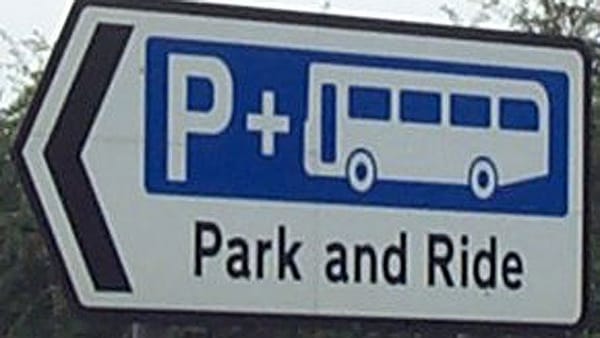
News
Read More
Senator hopes towing bill frees up spaces at Park-N-Ride lot
State House News ServiceSTATE HOUSE — Legislation permitting operators of state-owned park and ride facilities to tow vehicles didn't make it to Gov. Charlie Baker's desk prior to the July 31 end of formal sessions, but lawmakers got it there in early August.
The bill (S 2452) was approved by the Senate on July 21 and by the House on Aug. 4. Both branches enacted the bill on Monday, sending it to the Corner Office.

